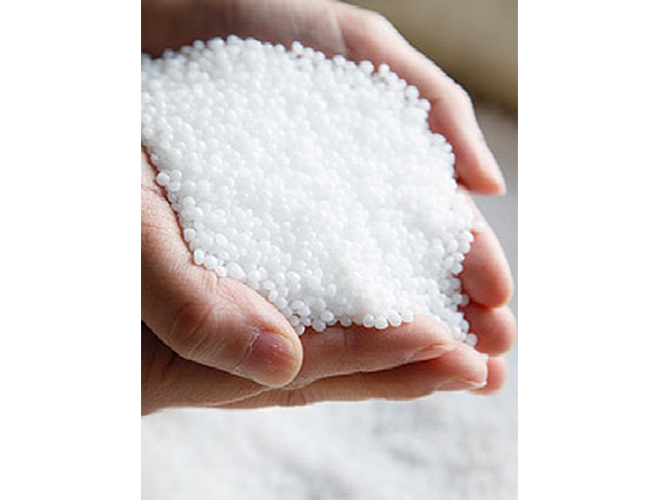
Polyplastics' electric two-wheeler battery covers offer several advantages that improve the performance, safety, and efficiency of electric vehicles (EVs). Here are the key benefits:
1. High Thermal Stability
Polyplastics' materials provide excellent thermal stability, which is crucial for managing the heat generated by battery cells. This ensures the battery operates within safe temperature ranges, enhancing performance and longevity.
2. Chemical Resistance
The advanced thermoplastics used are highly resistant to chemicals, protecting the battery pack from potential leaks and chemical exposures. This ensures the integrity and safety of the battery over time.
3. Mechanical Strength
These materials offer superior mechanical strength, ensuring the structural integrity of the battery cover under various conditions, including vibrations and impacts during vehicle operation.
4. Lightweight
Using high-performance thermoplastics reduces the weight of battery covers. This contributes to the overall weight reduction of the electric two-wheeler, enhancing vehicle efficiency, range, and performance.
5. Design Flexibility
Thermoplastics allow for greater design flexibility compared to traditional materials:
·Complex Geometries: Enables the creation of intricate shapes and designs that improve packaging efficiency and integration with other components.
·Integrated Features: Allows for molding cooling channels, seals, and fasteners directly into the cover, reducing the need for additional parts and simplifying assembly.
6. Enhanced Safety Features
Safety is a critical aspect of battery design, and Polyplastics' covers improve safety through:
·Electrical Insulation: Providing better insulation to reduce the risk of electrical shorts.
·Impact Resistance: Offering superior protection in case of collisions or accidents.
·Flame Retardancy: Ensuring that the material can withstand high temperatures without igniting, crucial for preventing battery fires.
7. Cost Efficiency
The use of advanced thermoplastics can lead to cost savings:
·Simplified Manufacturing: Injection molding and other thermoplastic processing techniques are more efficient than metalworking.
·Reduced Part Count: Integrated designs reduce the number of parts and assembly steps, lowering manufacturing costs.
·Recyclability: Thermoplastics are often easier to recycle than metals, contributing to a more sustainable production process.
8. Environmental Benefits
Thermoplastics contribute to the environmental sustainability of electric two-wheelers:
·Lower Energy Consumption: During the manufacturing process compared to traditional metalworking.
·Recyclable Materials: Enhancing the sustainability of the vehicle lifecycle.
·Reduced Emissions: Lightweight components contribute to lower energy consumption and emissions during the vehicle's operation.
9. Durability and Longevity
Thermoplastics are durable and resistant to various environmental conditions, including UV radiation, moisture, and temperature fluctuations. This ensures the battery cover remains functional and effective over the long term.
Summary
The advantages of Polyplastics' electric two-wheeler battery covers include high thermal stability, chemical resistance, mechanical strength, lightweight, design flexibility, enhanced safety, cost efficiency, environmental benefits, and durability. These factors collectively contribute to the improved performance, safety, and sustainability of electric two-wheelers.

Save money - with manufacturer direct pricing
Save time - with experienced team to get project done
Lead the industry - with the most cutting-edge products